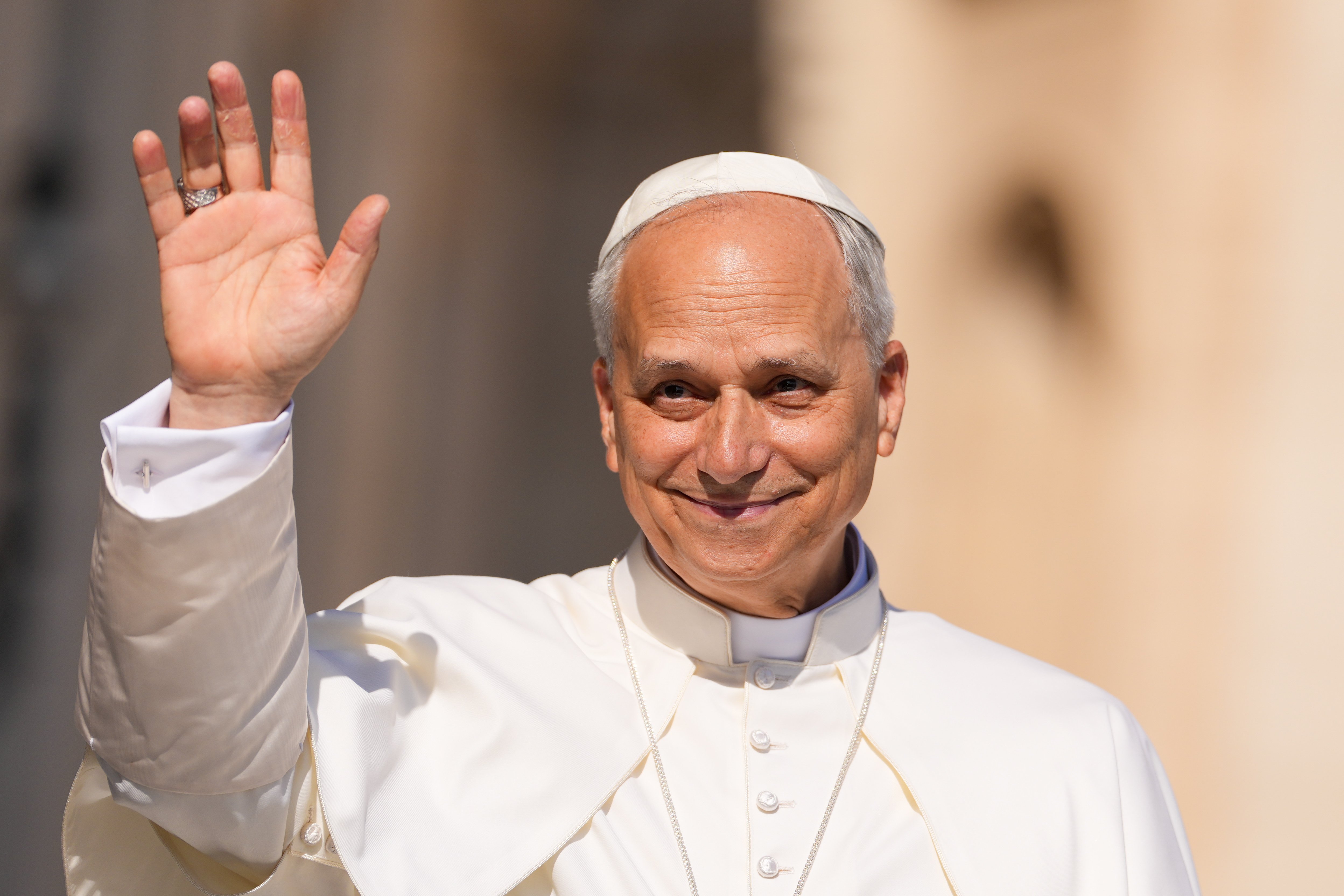April 6, 2018 at 1:53 p.m.
BISHOP'S COLUMN
Vocations for the asking
What is more, Father Jim and Father Brian each have a wonderful story to tell about how they discerned God's call. Just ask them. They will tell you. May they in turn inspire many others to respond to the Lord's call - if anyone is listening!
Would it surprise you to learn that, according to a highly reliable national survey, 12 percent of the male and 10 percent of the female respondents say they have considered a vocation to priesthood or religious life at least a little seriously? There were few differences related to race or ethnicity.
Such are the findings made two years ago by the Center for Applied Research in the Apostolate (CARA) at Georgetown University in Washington. A clear conclusion is that, whatever perceptions or concerns there may be about shortages of homegrown clergy or religious relative to the Church's need in recent history, there is no shortage of individuals among never-married U.S. Catholics who actually consider such vocations.
So, how to bring a vocational "consideration" to a concrete commitment?
Fortunately, the survey also explored factors likely to make that happen - and they are not surprising. The possibility of an affirmative response to a vocation increases among weekly Mass attenders, those who went to Catholic educational institutions at any level and those who participated as youth and young adults in Church-related groups involving just about anything - from prayer and devotional activity to experiences such as retreats, World Youth Day or the National Catholic Youth Conference.
Family matters, too. It has been suggested that faith is caught as much as it is taught. The children of families that foster the practice of prayer (Sunday Mass, the Rosary, eucharistic adoration and so on), discuss their faith freely at home, participate in parish ministries or personally know priests and religious are more likely to consider a vocation.
It is not only families, however. Any person can make a difference. Respondents who had even one person encouraging them are nearly twice as likely to consider a vocation as those who were not encouraged.
Each additional person encouraging these respondents increases the likelihood of consideration. The effect is additive. In fact, respondents who had three persons encourage them were five times more likely to consider a vocation than those encouraged by no one!
The real take-way from this survey - and from the personal experience of those who eventually accept the call - is that it is undeniable that vocations are there for the asking. The science and the experience are there to document it. It is up to each of us to be the catalysts, to light the match.
If we want priests and religious, we need to pray - and personally ask - for them, each and every one of us. We could jump-start the process by praying each day, privately and through our general intercessions at Mass; forming vocation groups at the parish level to increase vocational awareness; reaching out to families and potential candidates; and sponsoring events that develop good relationships with priests, religious and the entire Church community.
When asked why they did not pursue a vocation - even though they might have thought of it - you may be as surprised as I was to learn that the main reason respondents stated is, "Well, no one ever asked me."
Another reason, however, which highlights the importance of involvement in Church-centered activity, is that many young people say they do not think they are worthy or "good enough." This does not necessarily mean that they feel they could not live a celibate life - a reason often suspected of being a "deal-breaker," which was not by any means near the top of factors that deter vocations.
The spiritual needs of all our youth and young adults are real and deep, regardless of whether they may feel called to be a priest or religious. For this reason alone, we need to encourage more family participation in Sunday Eucharist and devotional and faith-related activity in home and Church.
Anyone reading this, however, can be a personal bridge between our Lord and a future priest or religious. The research merely reveals what our young men and women are saying about themselves and what it takes to harvest their vocations, which appear to be there for the asking. What are we waiting for?[[In-content Ad]]
MORE NEWS STORIES
SOCIAL MEDIA
OSV NEWS
- Washington Roundup: Supreme Court concludes term, Senate weighs ‘Big Beautiful Bill’
- Carol Zimmermann, NCR news editor, wins St. Francis de Sales Award
- Archbishop arrested, second cleric sought, amid Armenian government crackdown on opposition
- Israel-Iran war, Supreme Court decisions, pope message to priests | Week in Review
- Sid Meier’s Civilization VII
- Novel puts Joan of Arc’s heroic struggle into modern context
- Supreme Court upholds online age verification laws to protect kids
- Supreme Court says parents can opt kids out of classroom instruction with LGBTQ+ themed books
- Supreme Court limits judges’ ability to block Trump on birthright citizenship
- Full text of the homily of Pope Leo XIV on the Solemnity of the Most Sacred Heart







Comments:
You must login to comment.